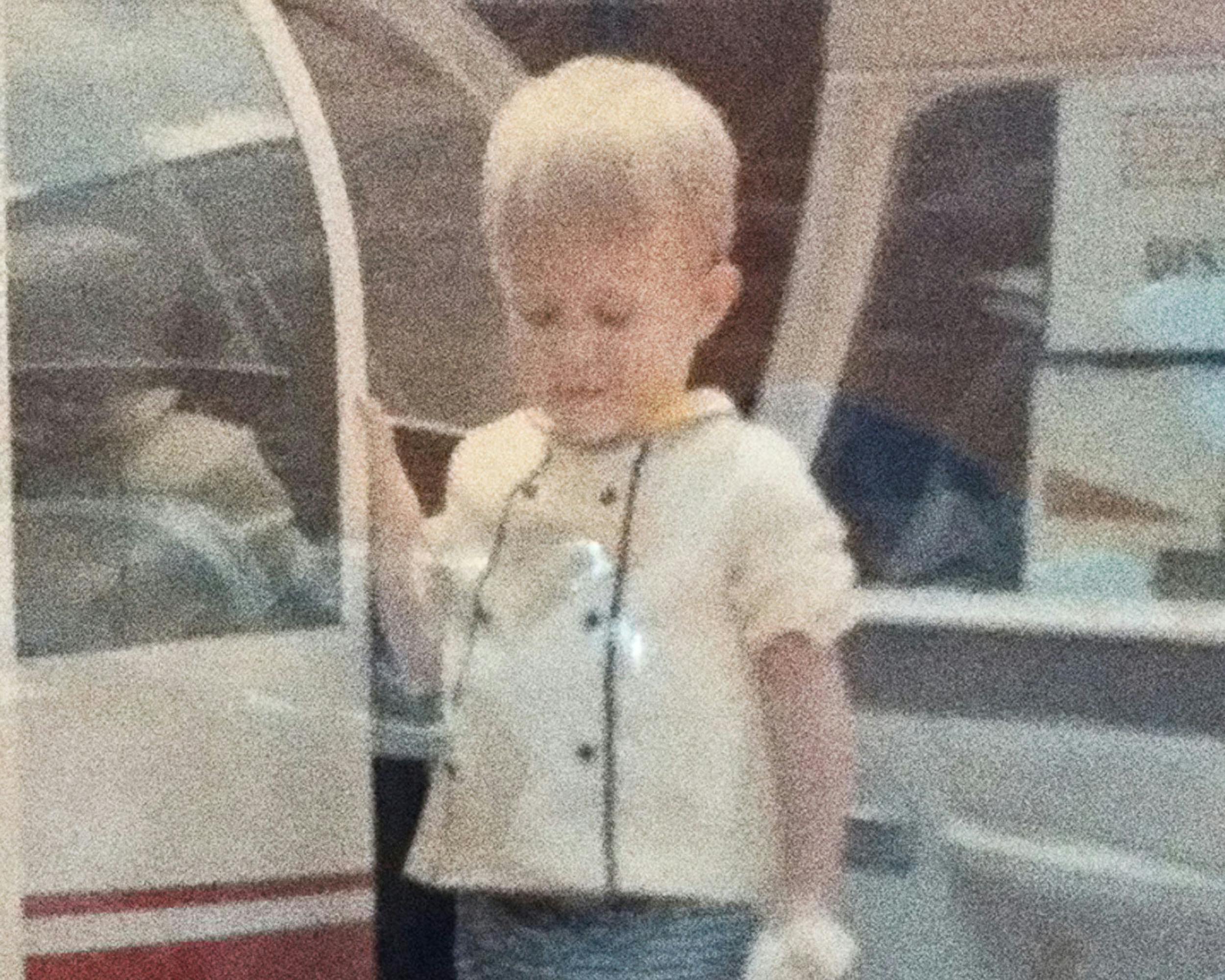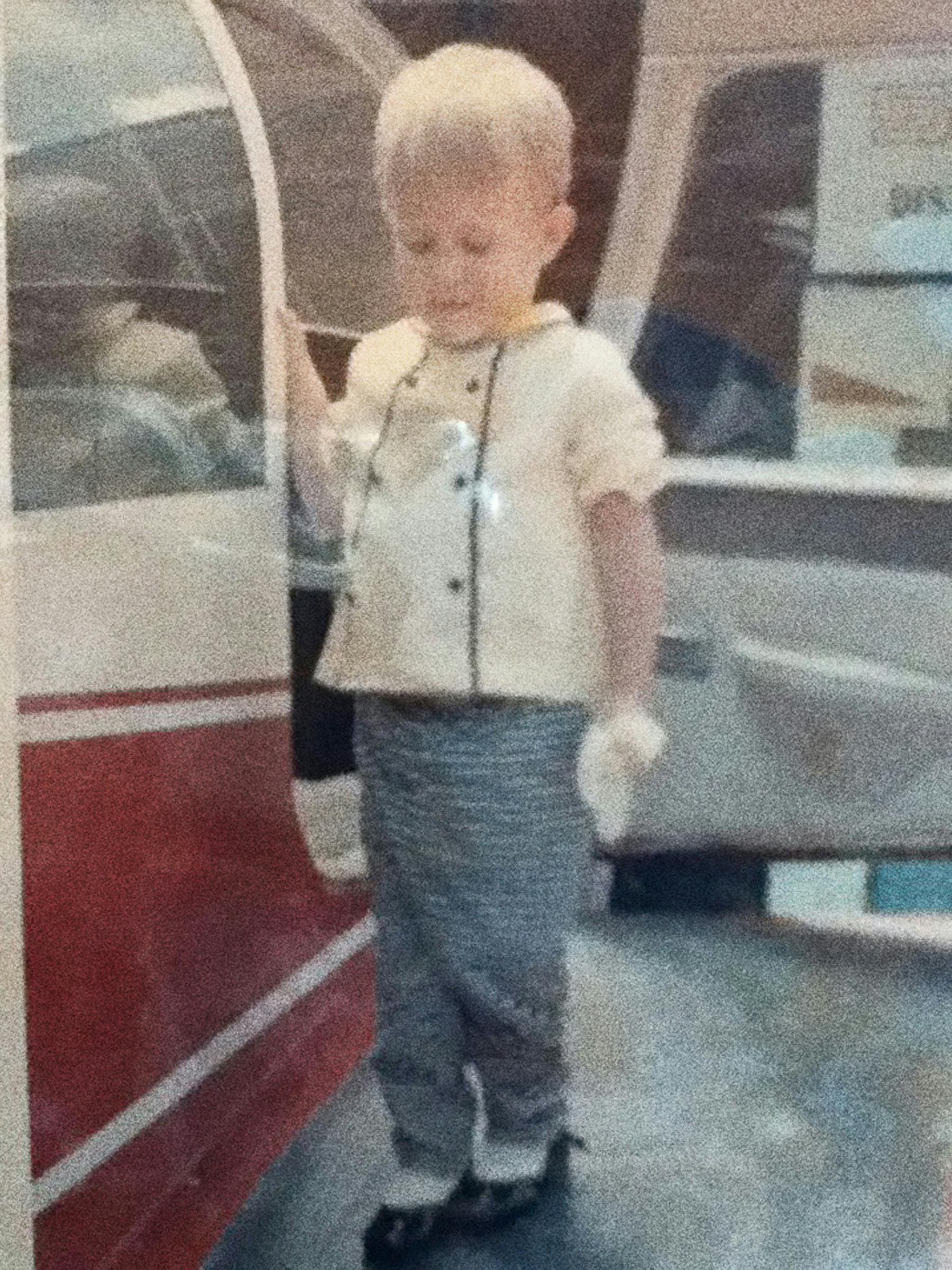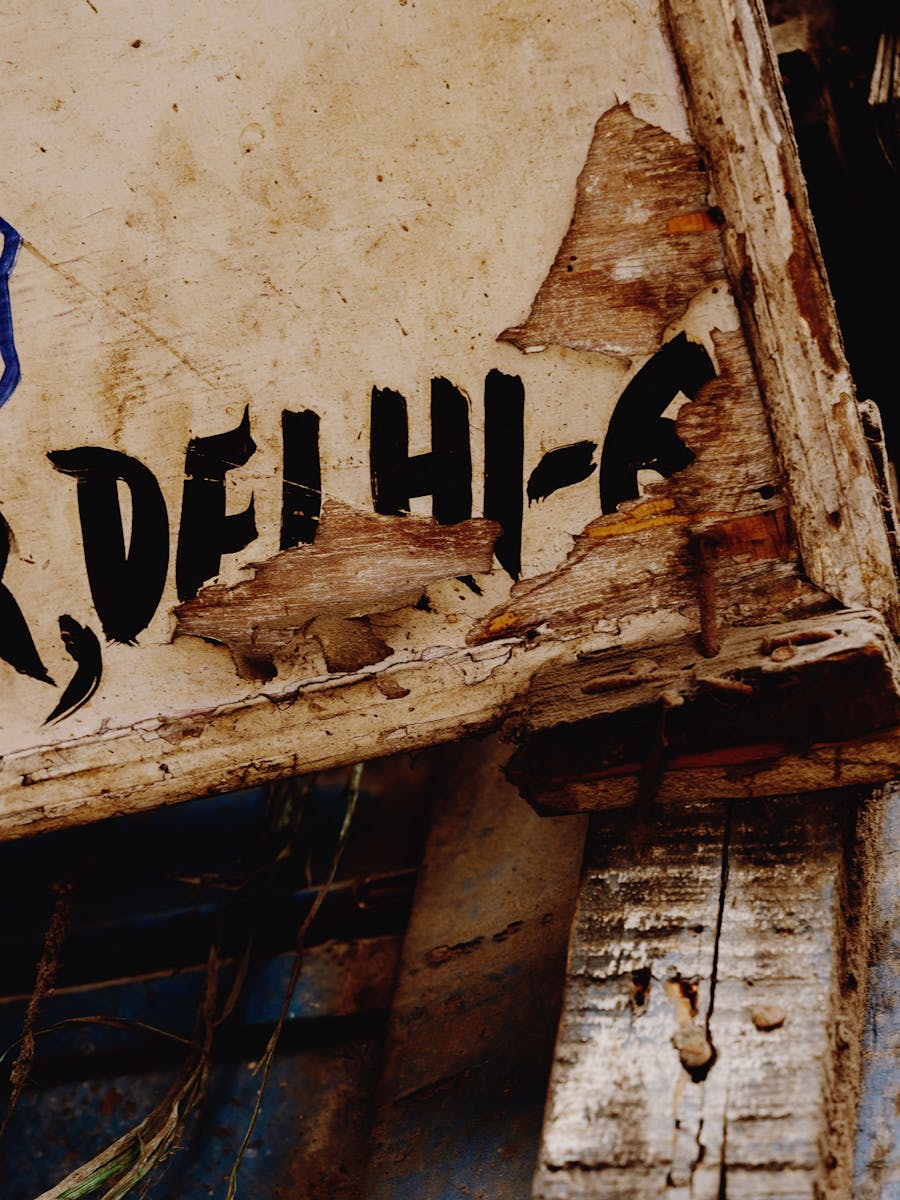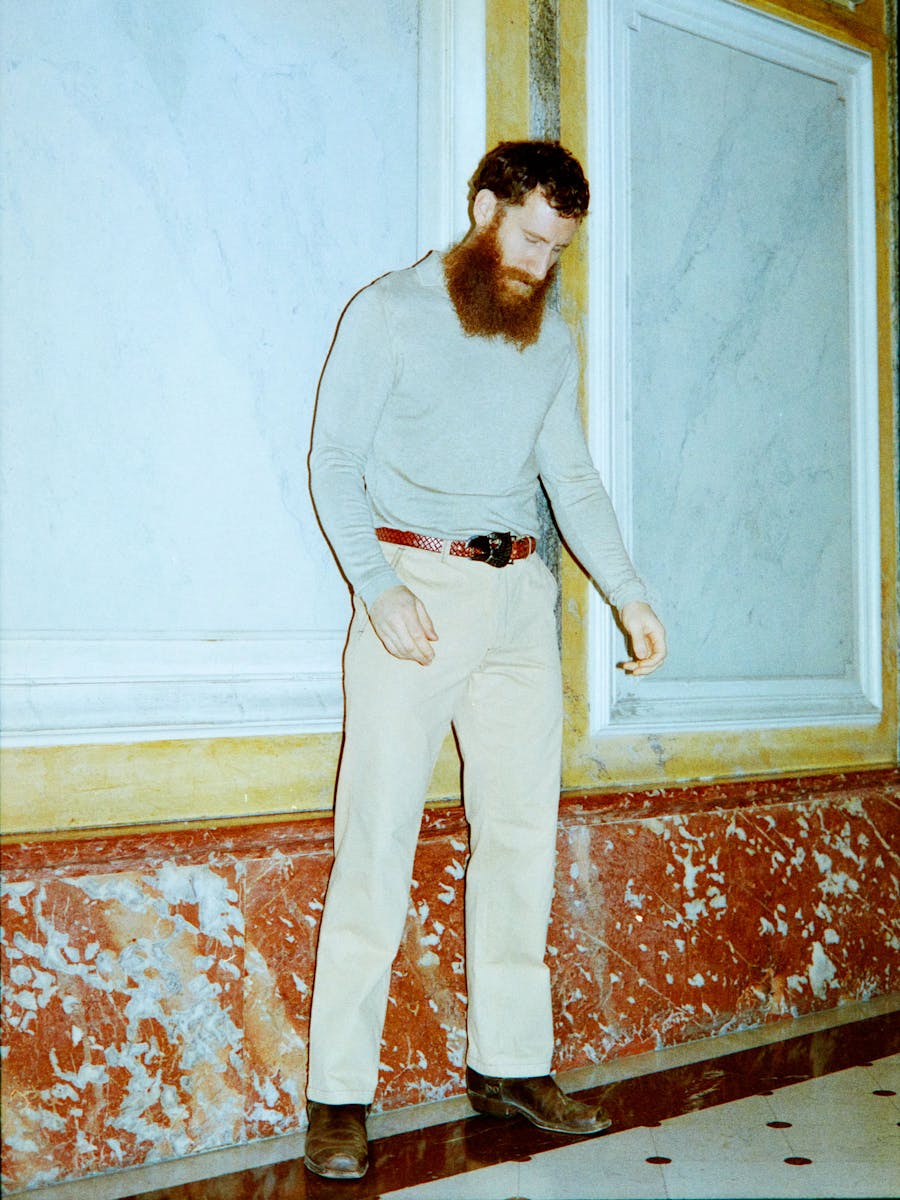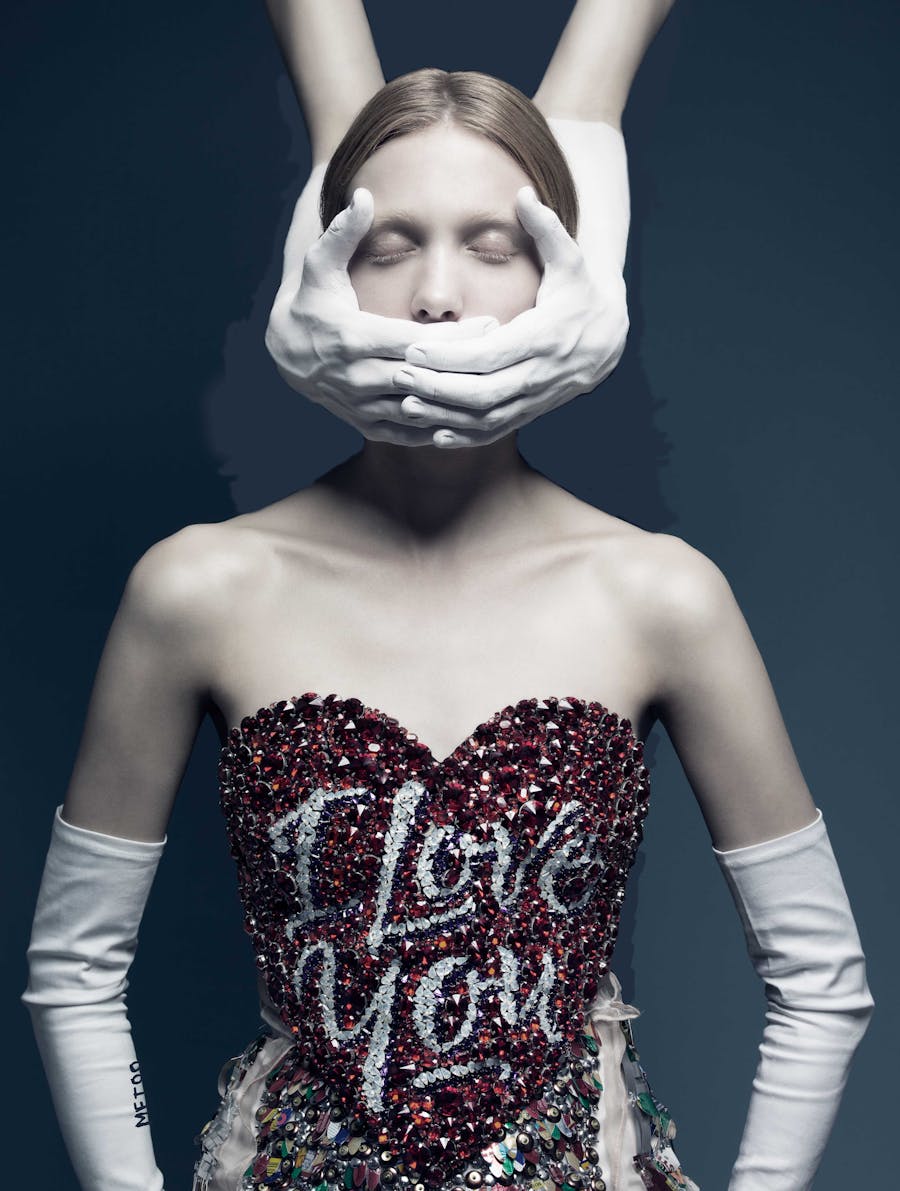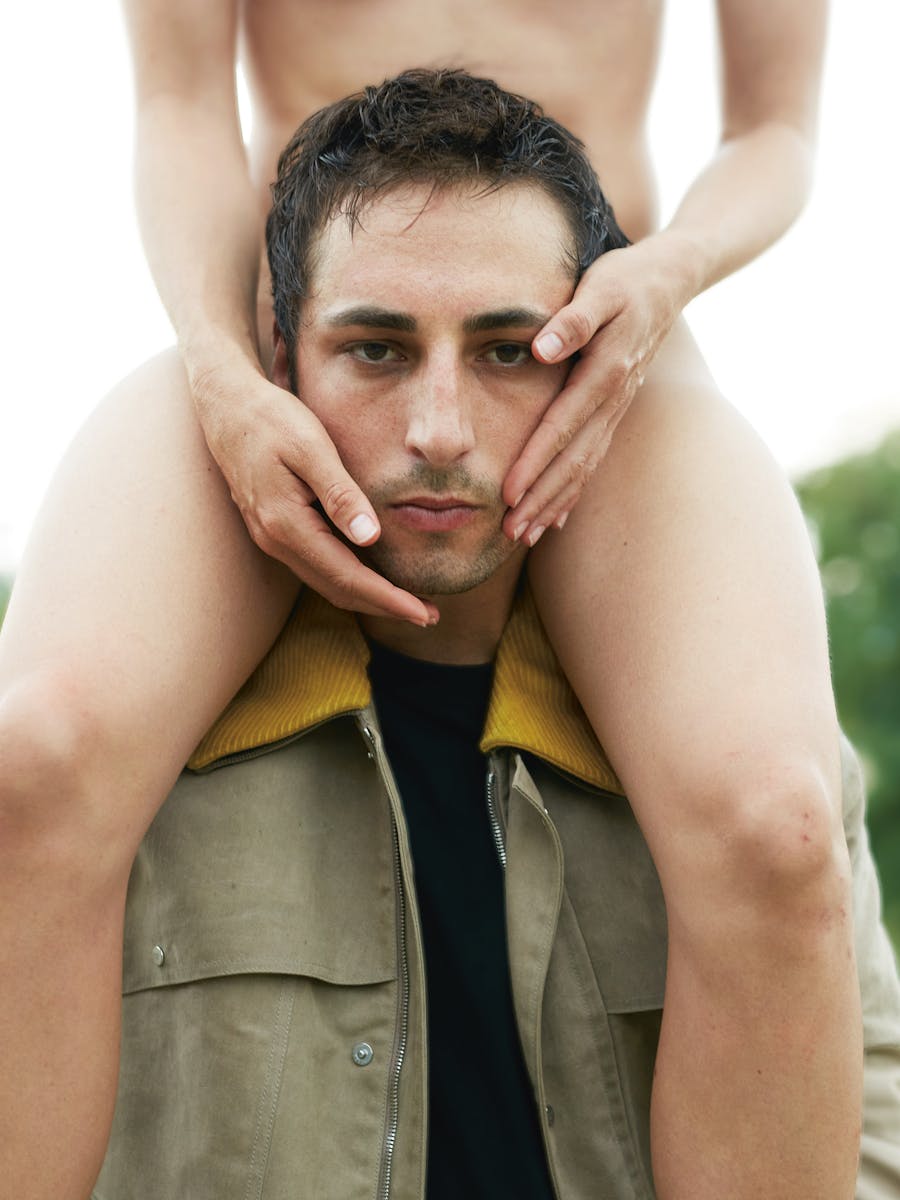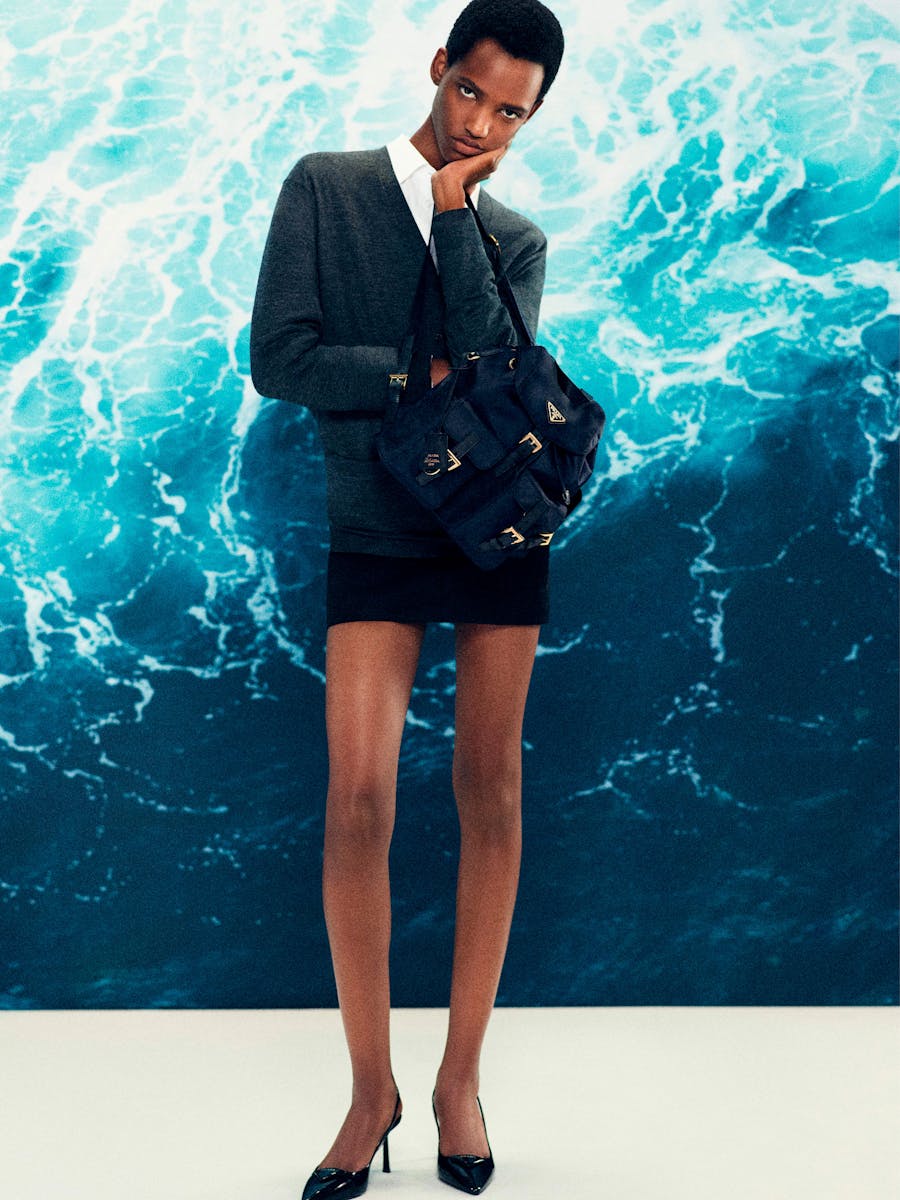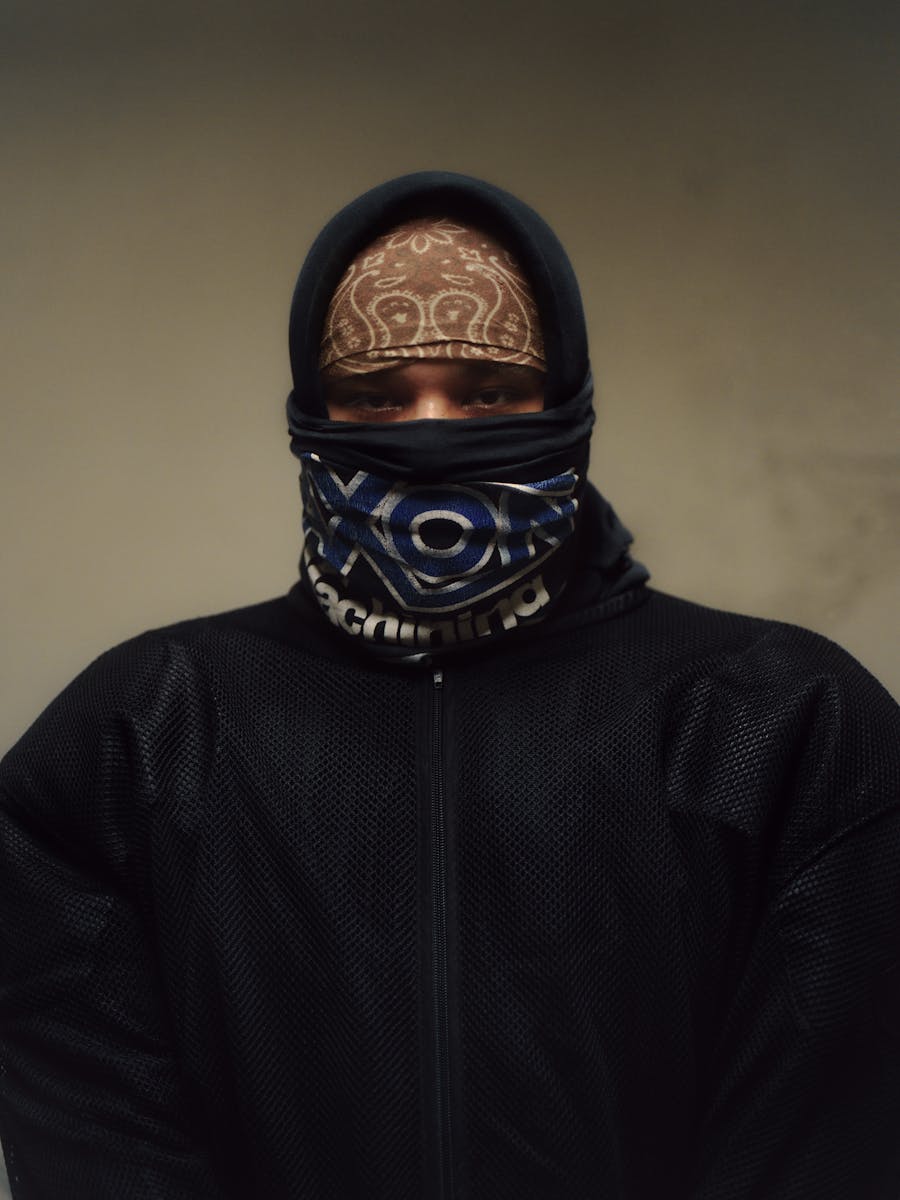Carmen Busquets no longer takes the plane, but she’s flying high. By virtue of her wit, even more than her willowy figure, this business woman, a huge fan of meditation, creates her own spiritual bubble every day to escape from the world. Far from the pandemic, far from the countless emails and video calls, but always close to herself. To others as well: on Zoom, her private meditation classes - in English, French and Spanish - do her friends, many of whom have sought her help in finding inner peace, the world of good. Busquets, a striking, elfin beauty, takes no credit for her success as spiritual guide. Quite the opposite: “I love to learn. Teaching allows me to draw sustenance from others, from their energy, their reflections. That is a lesson in humility. In the end, those who emerge the most fulfilled from a class are not the students, but the teacher.” Through the computer screen, we can see her flamboyant turquoise and violet earrings, but not the hearing aid she adjusts with her hand. “I was born partially deaf, butI was only diagnosed at the age of 23”, says the 55-year-old business woman, temporarily living in the Bahamas to look after her mother, who is suffering from Alzheimer’s.
The thirst to learn, to discover new ways of thinking and feeling the world - is that the key to the incredible success of Carmen Busquets? Not a household name, this Venezuelan entrepreneur, investor and philanthropist has built her colossal fortune thanks to online luxury retailing, a sector which appeared 20 years ago and whose parameters she has largely shaped. Her most audacious feat? Investing all her money, at the age of 35, in the launching and development of Net-a-Porter, which went against the grain in a period (the year 2000) when the markets were fearful of the digital economy and when online luxury shopping seemed - at best - a kind of sweet dream.
Since she played that incredible hand - in 2010, the sale of NAP to the Swiss group Richemont allowed her to make a 16-fold return on her investment - this deft strategist has bet on a number of startups which marry fashion and technology: Moda Operand I (for online pre-ordering of pret-a-porter), Lyst (an aggregator of fashion e-boutiques), Tagwalk (a fashion search engine), Villageluxe (for hiring designer pieces) and Psykhefashion (e-shopping by psychological profiling), to name but a few. Of course this is a way to support emerging entrepreneurs, but also to accompany consumers towards more virtuous practices, more reflective buying habits. “Carmen is a visionary investor who mentors young fashion brands who aspire to become industry leaders. She combines exceptional intuition with a deep commitment to sustainability. In short, she can see the future before we do,” extols Chris Morton, founder of Lyst. “I had never met anyone like her. Carmen does things unlike anyone else. She works through instinct and invests enormous amounts of time in other people. She is much more than an investor. There aren’t many things I wouldn’t do for her,” adds Alexandra Van Houtte, founder and CEO of Tagwalk.
Sometimes Busquets has paid a high price for such personal involvement. During her time at Net-A-Porter, of which she was the majority shareholder for several years, the heavy responsibilities and bitter negotiations at the moment of selling it deprived her of “peace of mind,” she says, an intangible asset that this angel investor would not swap for “anything in the world.”
Does she ever worry about a business failing? “Putting my whole fortune in just one business, as I did with Net-a-Porter? Never again. I was crazy at the time - no one does that! I didn’t register fear - unlike today. That being said, I still like risk - it’s exciting. Maybe I’ll lose money, but so what? To my mind, experience is worth so much more than money. That’s the real luxury. And what’s more, I have always had success at difficult moments - that’s my karma - like that of my parents.”
Born in 1965 in Caracas, Busquets comes from a family of political exiles. Her father, a metallurgist industrialist, escaped from Franco’s Spain to make his fortune in South America. Her mother, an anthropologist, fled Cuba following Castro’s revolution. Her parents may well have been rich, but they knew that money is nothing compared to the freedom to be and to think. From their earliest years, the Busquets children learnt to meditate, to discipline their bodies and their emotions according to the precepts of the Georgian mystic, George Gurdjieff. This was of immediate benefit to young Carmen: half-deaf, dyslexic (she was only diagnosed at the age of 45), the little girl was not able to find her place among the other children, whose voices she could barely hear. At school, where they were completely unaware of her disability, she “survived” by developing a high degree of intuition, tuning into her internal world as soon as she possibly could. “I expressed myself through painting, drawing; I used the remnants of my mother’s fabric to make clothes for my dolls. I already loved fashion.”
At the age of 17, she won a scholarship to study art at Parsons School of Design in New York, but, her father refusing to allow it, she enrolled instead at the University of Miam I to study marketing and economics. It was the 80s, the era of Scarface. Carmen lived in a magnificent apartment by the beach, participated in meditation retreats, briefly studied scientology, burnt through her father’s money and became an inveterate party girl. “I looked for noisy places where people had to shout to talk to each other! At last I could hear them,” she laughs today. As if to make people forget about her deafness, the very popular South American developed a flamboyant, exuberant sartorial style, as a way of dressing her “16 personalities.” An influencer avant la lettre, she designed her own dresses, had them made by a couturiere, and then wore them when she was out, the better to sell them on to her friends. The young Miss Busquets was getting a foot in the fashion door when tragedy erupted in her life: her younger brother died in a car accident. The carefree years were behind her.
Back in Caracas, where her family was trying to rebuild itself, as the oldest sibling she agreed to work in her father’s business, on the condition that he help her finance her own fashion boutique, a promise he kept. In 1990, Cabus (for CArmen BUsquets) opened its doors, offering 30 or so luxury brands including Chanel, Thierry Mugler, Azzedine Alaïa. By attracting all the right people in Caracas and indeed the whole of Latin America, the boutique, which was as luxurious as anything in Europe, enjoyed huge success. They had not planned, however, for the early rumblings of the Bolivarian revolution. “In 1992, the failed coup by Hugo Chavez spread panic in Venezuelan society. To ensure the prosperity of Cabus I had to adapt and look towards a more international clientele.” Doing the rounds of the runway shows in Paris, Milan and New York, the young entrepreneur used DHL to send sketches, polaroids and detailed descriptions of what she saw to her clients all over the world. The clothes were pre-ordered, a business model which allowed Busquets to earn “a million dollars a year over the course of eight years, without touching my capital. Thanks to this experience, I knew straight away that the Net-a-Porter model would function.”
After having spent 30 years investing in fashion start-ups, Carmen Busquets is now returning to her first loves: the discipline of the body and the mind, and humanitarian causes. “I am getting to the age where some things matter more than my personal fortune. What I want is to have an impact on society, to make people’s lives better.” As a member of WWF, the philanthropist is particularly involved in projects in Bhutan, both for the preservation of nature and equality for nuns and monks, and she is also the patron of charities supporting children in Guatemala and El Salvador. And when she is asked if fashion can also improve the way of the world, she answers immediately, “Of course, even if the industry has taken the wrong turn in recent years, becoming one of the biggest polluters on the planet. Imagine - producing just one T-shirt today uses 2000 litres of water; 9000 litres for a pair of jeans. It’s completely crazy. Change can only come from consumers. They alone can produce a real revolution.”
In her crystal ball, Carmen Busquets also sees a world of fashion that is more diverse and complex. “There are so many young designers from all around the world. It’s no longer just about a few big European fashion houses. People are going to have to educate themselves and learn to recognise the new generation of talents.” Always ahead of the times, the entrepreneur had, as long ago as 2006, already launched CoutureLab, an e-commerce portal dedicated to young designers and artisans from around the world. A kind of promotion that continues on her website carmenbusquets.com. But also on her Instagram account, where she regularly poses in fabulous ensembles by designers both established and emerging. Another string in the bow of the powerhouse that is Carmen Busquets.
Text translated into English by Sara & Emma Bielecki.
